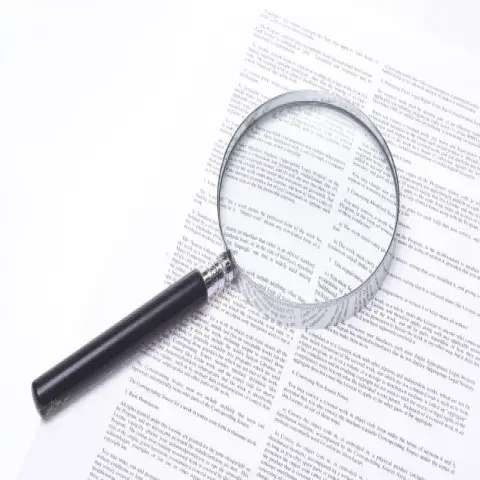What is Coverage D?
Coverage D, also known as loss of use coverage or additional living expenses insurance, is a part of your homeowners insurance policy that covers additional living expenses that may occur when your home is temporarily uninhabitable. This can happen if your home is damaged by a covered peril, such as a fire, windstorm, or water damage.
Coverage D can help pay for the following expenses:
- Rent for a temporary place to live
- The cost of meals
- Laundry
- Transportation
- Storage fees
- Utilities
- Other necessary expenses
How much coverage do I need?
The amount of Coverage D you need will depend on your individual circumstances. However, a good rule of thumb is to have coverage for at least 20% of the Coverage A limit on your homeowners insurance policy. This means that if your Coverage A limit is $100,000, you should have Coverage D for at least $20,000.
What is not covered?
Coverage D does not cover all living expenses. For example, it does not cover:
- Pre-existing medical conditions
- Expenses that are not reasonable or necessary
- Expenses that you would have incurred even if your home was not damaged
How do I file a claim for Coverage D?
If your home becomes uninhabitable due to a covered peril, you will need to file a claim with your homeowners insurance company. The process for filing a claim will vary depending on your insurance company. However, you will typically need to provide the following information:
- A copy of your homeowners insurance policy
- Proof of the damage to your home
- Documentation of your additional living expenses
Conclusion
Coverage D is an important part of your homeowners insurance policy. It can help you pay for the additional living expenses that you may incur if your home is temporarily uninhabitable due to a covered peril. If you are not sure how much Coverage D you need, or if you have any questions about the coverage, be sure to talk to your Insurance Agent.
Here are some additional tips for understanding and maximizing Coverage D:
- Read your homeowners insurance policy carefully to understand the specific terms and conditions of Coverage D.
- Make sure that you have enough Coverage D to cover your anticipated living expenses.
- Keep good records of your additional living expenses, such as receipts and cancelled checks.
- File your claim promptly after your home becomes uninhabitable.
By following these tips, you can ensure that you are properly protected by Coverage D in the event of a covered loss.



